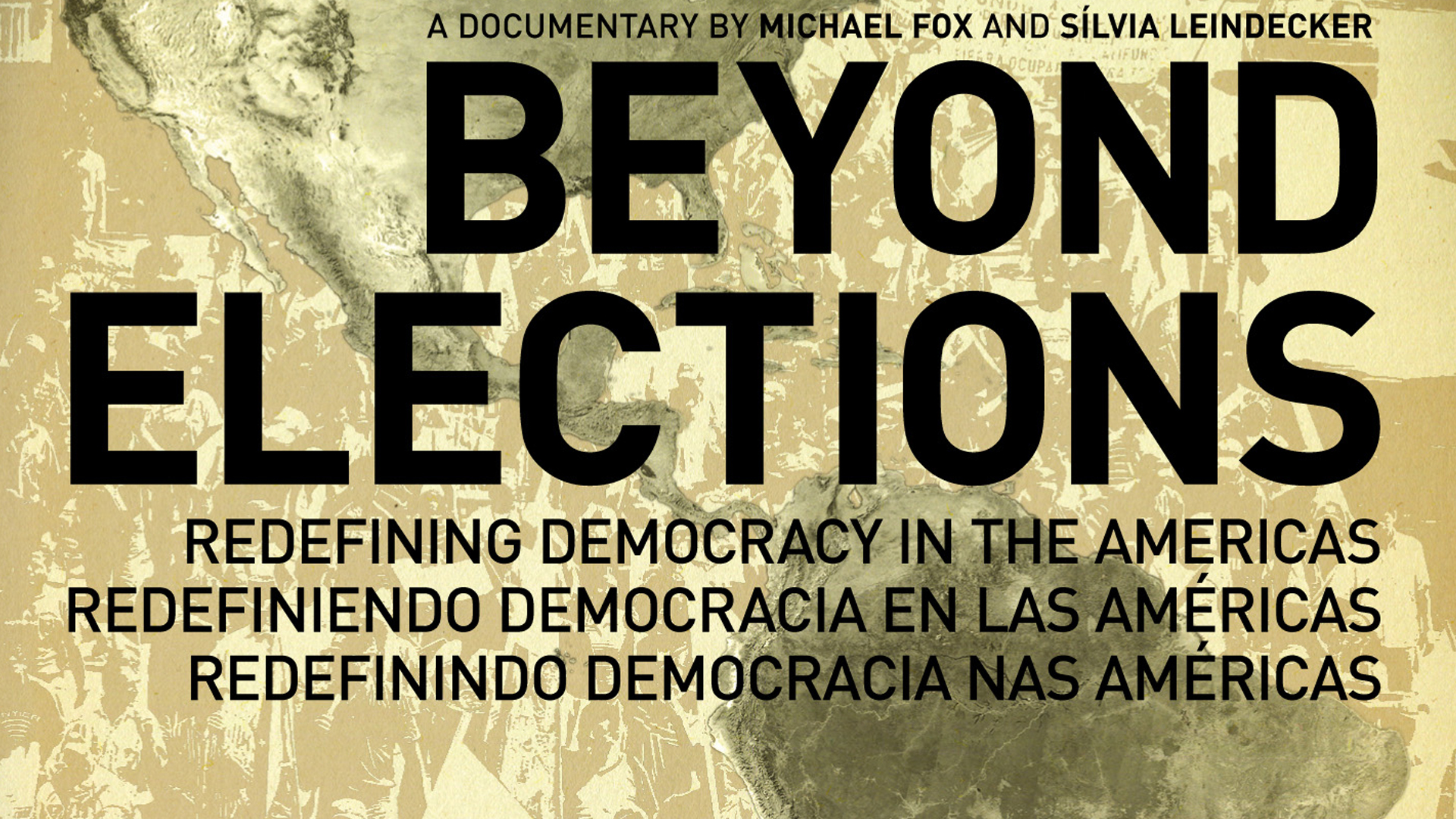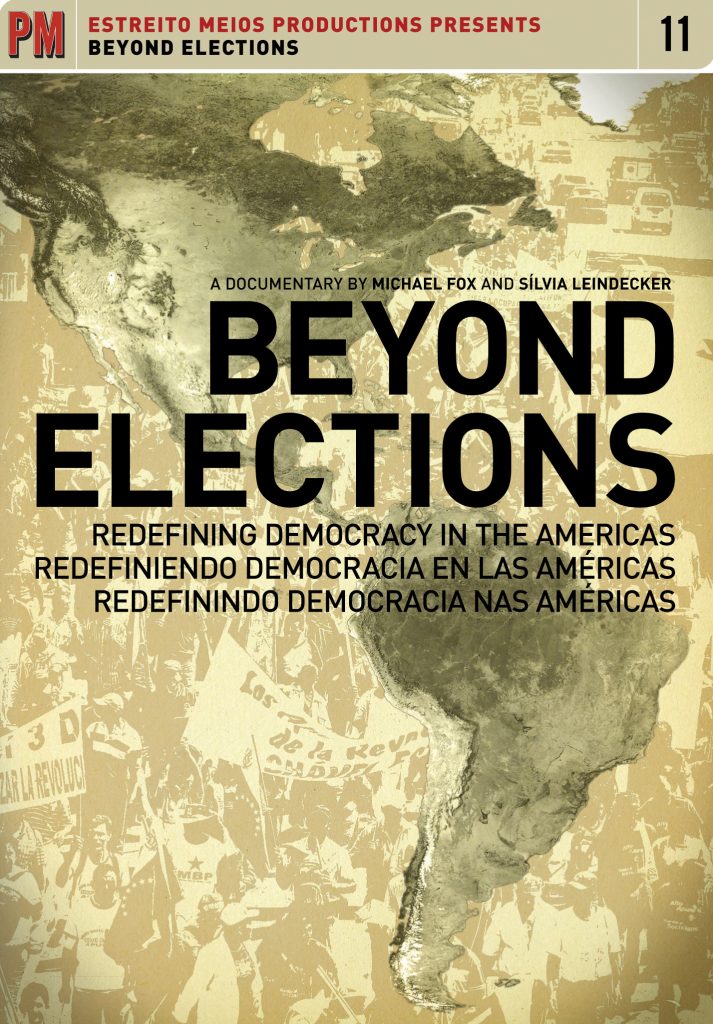Beyond Elections: Redefining Democracy in the Americas
By Ernesto Aguilar
www.dotrad.com
August 26, 2010
In his film South of the Border, Oliver Stone dreamed of the potential for the progressive movements taking hold in Central and South America to visit U.S. shores. This idea may be far fetched, but it is optimistic.
One has to keep in mind that it is a country’s often middle and upper classes, generally the disaffected groups when populist leaders ascend to power, who have the resources to travel Stateside. The poor aren’t rushing to the U.S. for college, work or because family resources provide for such luxuries. Nice idea, though.
While Stone provides a tantalizing if not pragmatic look at leaders like Hugo Chavez, Evo Morales, Lula da Silva, Cristina Kirchner and Raul Castro, among others, another film worth revisiting discusses how national populism is applied.
Movements in Latin America have drawn curiosity globally for the ways in which they have organized. The film Beyond Elections: Redefining Democracy in the Americas attempts to give understanding to the method of and approach by what is happening in South America particularly.
Shot on location across South America, Beyond Elections is a powerful film that shows the sprawling poverty that wracks many cities in the Southern Hemisphere. Although sadly the film talks less about active struggles against the capitalism that has created such poverty, but does offer a glimpse into some of the daring grassroots reform movements that present interesting though at times politically questionable views. Herein the film’s title is a somewhat of a misnomer in the sense that, by going ‘beyond elections,’ the struggles profiled largely present the implication democracy is a matter of looking at existing political frameworks and using them in a different way rather than an expressly revolutionary fashion or one that sees the dominant systems as needing to go. As well, though less time is spent on the national elections issues that draw international corporate media, much of this documentary is concerned with how democracy plays out on a neighborhood level, which is in itself influenced by city and regional races for political office. A debate in Brazil between the elected mayor and those in an opposition party with demands for services is just one instance here. Some of the more intriguing bits of Beyond Elections come from how the voices of those from communities and populations affected by political corruption and disenfranchisement are interspersed with those who give the statistical or other views oftentimes presented when people talk about challenging oppression. While intellectual classes always get camera time, and impacted neighborhoods have become the new go-to documentary cameos, Beyond Elections manages to make that dynamic engrossing to watch. The premise of the documentary is not without assumptions. While many of the organizers profiled describe a desire for solutions from below, talking out after the film is over what they are doing reminds the viewer of the relevance to national and international struggles. The message seems to be to focus on how local grassroots activism can change lives, but less time is devoted to ways capital and globalization are fought against. Images of Mexico, Brazil and remote areas of South America are stark in their material poverty as they are ideologically important for the ways people organize.







